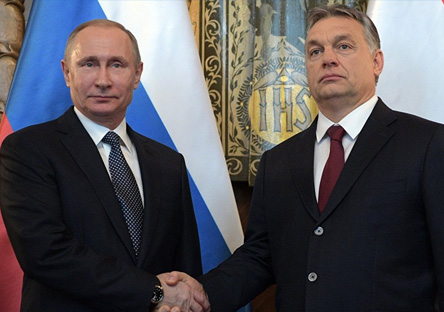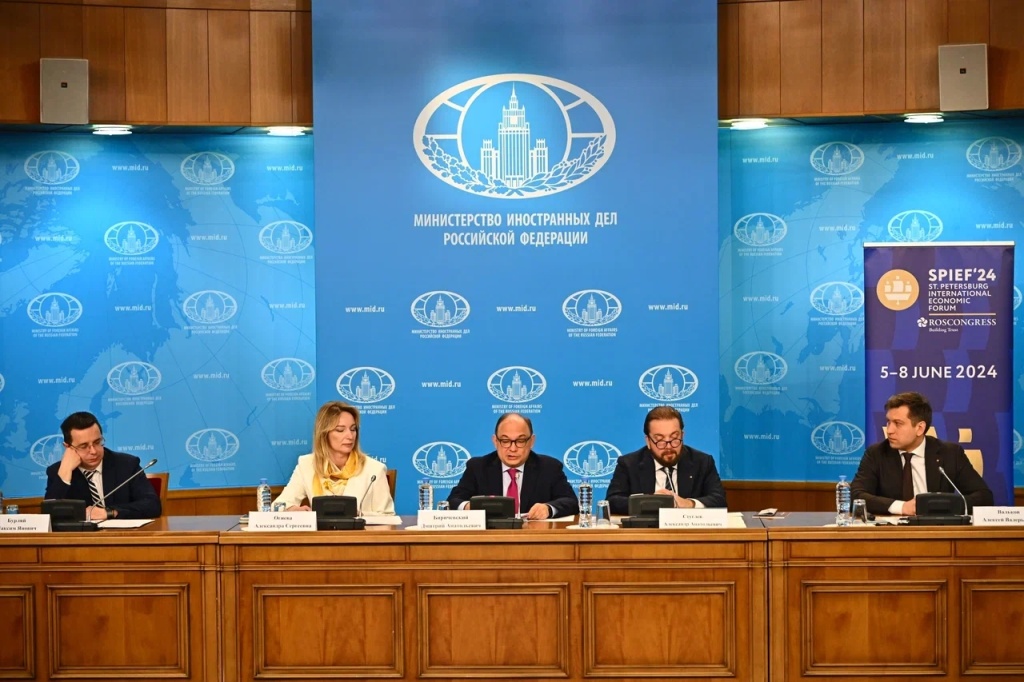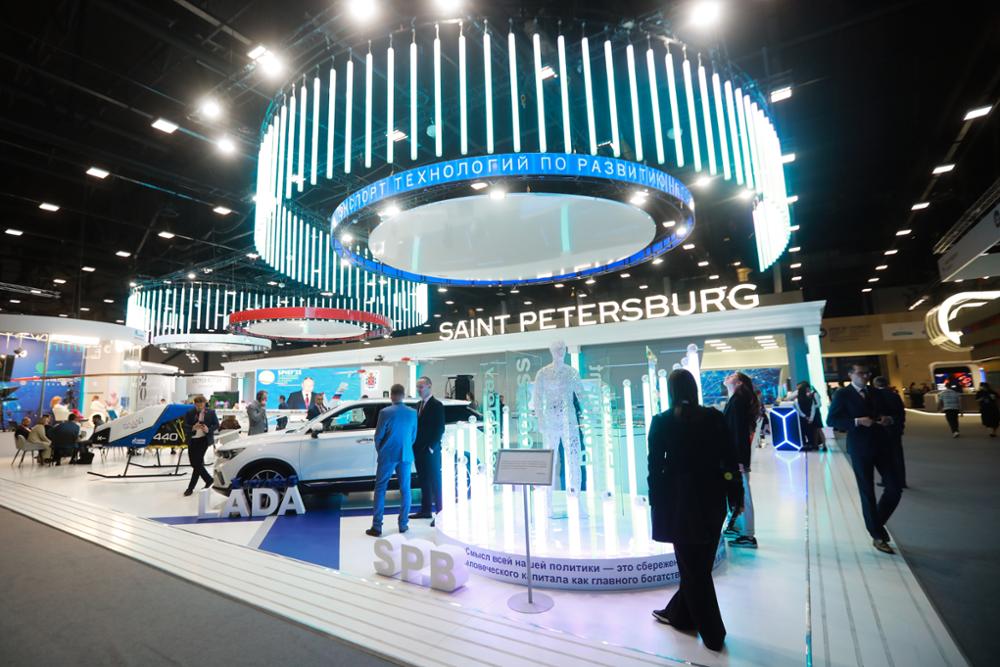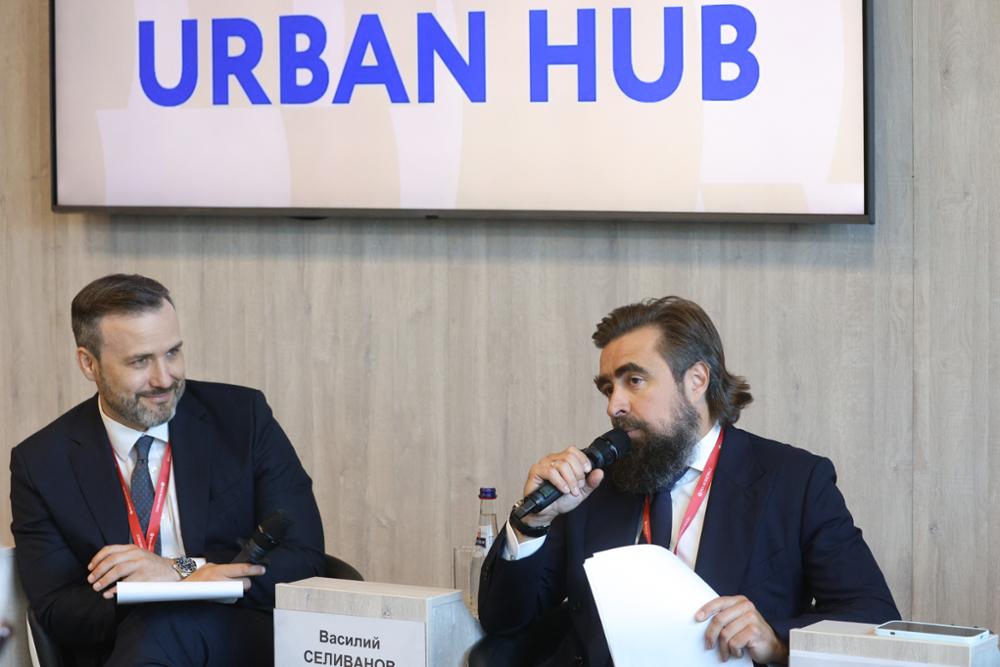
Russia, Hungary to expand energy cooperation
Moscow and Budapest intend to further expand cooperation in the energy sector and the Hungarian market will receive reliable supplies of Russian gas, Russian President Vladimir Putin said on Thursday following negotiations with Hungarian Prime Minister Viktor Orban.
Putin said the two countries agreed at the meeting to vigorously bolster industrial cooperation, including in high-tech and knowledge-intensive industries. Among other things, a decision was made to initiate negotiations on gas supplies from Russia to Hungary after 2021. In addition, Orban noted that Hungary plans to commence preparations for the construction of the Paks Nuclear Power Plant with Russia’s involvement this year.
Agreement to strengthen cooperation
Orban said Hungary is committed to good and transparent relations with Russia as evidenced by the regular contacts maintained by the countries’ leadership. However, despite all the efforts, Orban said the current result is disappointing as the damage to the two economies totalled around USD 6.5 billion after the EU slapped sanctions on Russia due to the situation in Ukraine.
The Prime Minister noted with regret that an anti-Russian policy has “become fashionable” in recent years. “And it’s in these conditions that we have had to protect our economic contacts”, he added.
Orban said he was confident that political conflicts should not carry over to the economic sphere since all parties suffer losses in this case. “This is precisely why we hope that we will be able to welcome new good relations between Russia and the European Union in the near future”, he said.
As for cooperation in the energy sector, the Hungarian Prime Minister thanked Putin for modifying previous agreements on gas supplies. In addition, Orban offered assurances that the parties agreed at the meeting to initiate negotiations on gas supplies to Hungary after 2021.
For his part, Putin said that Russia and Hungary will strengthen cooperation going forward, including in the energy sector. Moscow attaches great important to the project being implemented by the Rosatom State Atomic Energy Corporation to build two new power units at the Paks Nuclear Power Plant for a cost of EUR 12 billion, he said.
The Russian president called Hungary a reliable link in the transit of Russian gas to Western Europe.
Paks construction to begin in 2018
Representatives of both countries anticipate that preparatory work to complete construction on Hungary’s Paks Nuclear Power Plant with Russia’s involvement will start this year, while the actual construction process will begin next year, Orban said. The agreement on the construction of the plant fully satisfies EU requirements, he said.
However, he stressed that he did not discuss a possible Russian loan for the construction of the Paks plant at his meeting with Putin on Thursday.
“We did not speak about this”, Orban said at the press conference when asked about this issue.
“Of course, Hungary’s financial standing in the international economic space has improved recently, but we have a good agreement with Russia and we don’t want to risk it. We are committed to implementing it. We cannot wait for construction work to finally begin”, the Prime Minister said.
Putin gave assurances that Moscow is prepared to finance the whole construction project (EUR 12 bn) for the Hungarian power plant provided that a change is made to the corresponding agreement.
“I informed the Prime Minister about other possible options. We are prepared to finance all 100%, but in that case the terms of the actual agreement should be slightly different”, Putin said.
The Paks station, Hungary’s only nuclear power plant, is located 100 kilometres from Budapest and five kilometres from the city of Paks. The plant was built according to a Soviet design and operates four units with VVER-440 reactors. The plant produces more than 50% of the electricity generated in the country. The plant’s power units were launched in 1982, 1984, 1986 and 1987, respectively.
For more: ria.ru/economy








